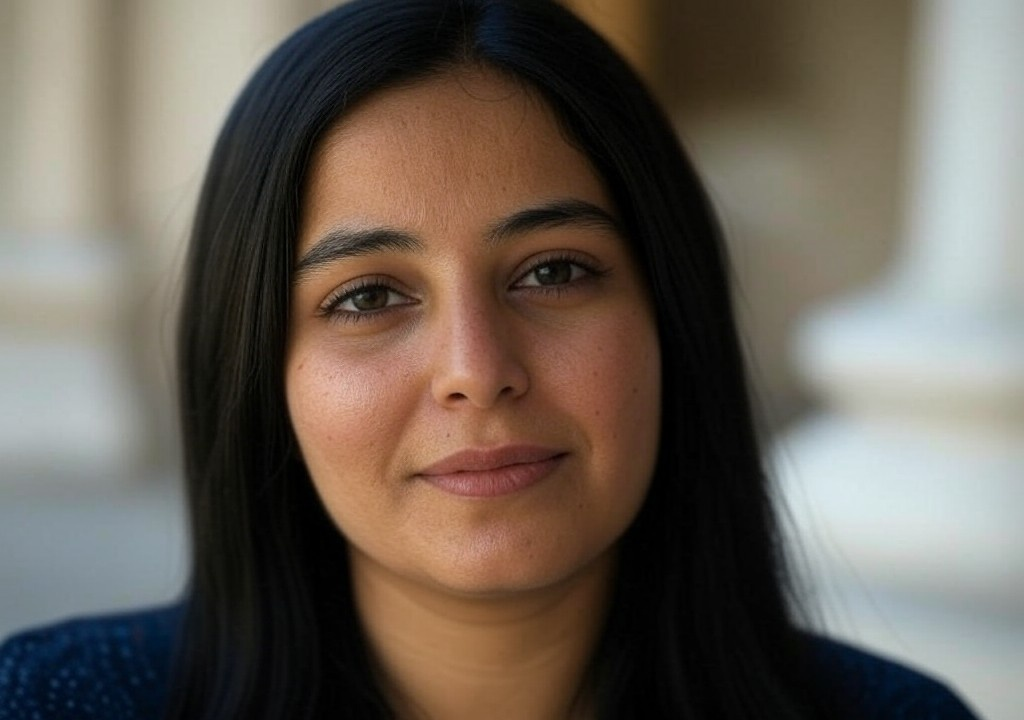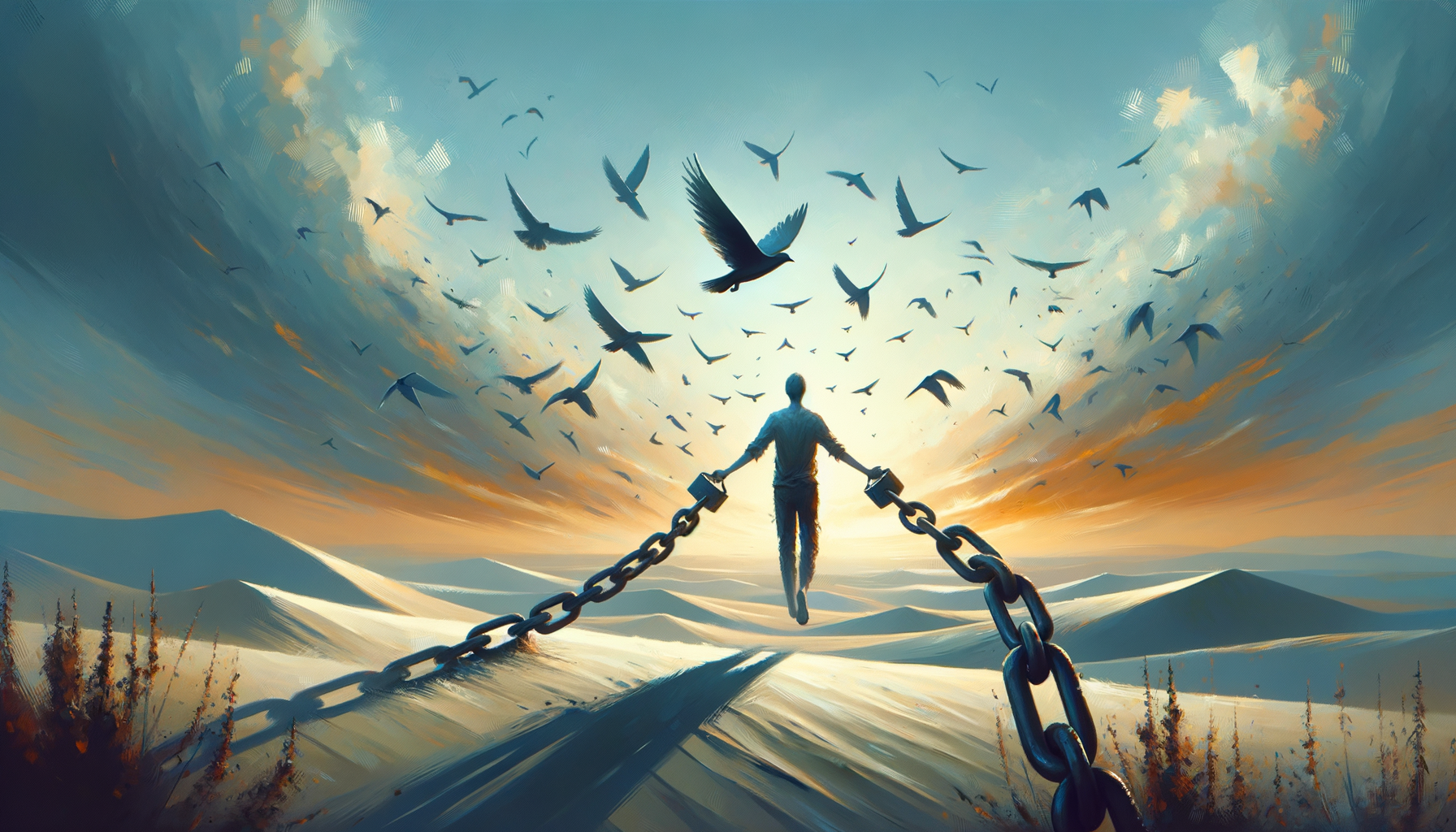The Day I Learned to Say "No": A Habit That Saved Me
I used to be a yes-machine. If someone needed a hand, advice, or even the shirt off my back, I’d whip it off faster than a Hollywood wardrobe malfunction. Got a friend moving apartments on the hottest day of summer? “Of course I’ll help!” Someone needs last-minute edits on their term paper at midnight? “Totally, send it over!” A colleague casually asks me to take on their work because they “just have sooo much on their plate”? “Sure thing, I’ve got you!”
But then something happened—I started to crack. Or rather, crumble, like the world’s driest mille-feuille. My to-do list became a never-ending scroll of obligations weighing me down. And the real kicker? I was putting everyone else’s needs above my own. The tipping point came when I canceled a date (with a really cute architect, I might add) because a friend invited me to an impromptu dinner party she barely seemed excited about. Was I really living my life for other people?
That’s when I discovered the life-changing, relationship-saving habit that transformed me: saying “no.”
The Culture of Yes: A Lifetime of Overcommitting
Coming from an Egyptian family, where communal support is woven into the fabric of life, “no” wasn’t exactly part of my vocabulary. In our household, saying no was tantamount to saying, “I don’t value you.” Add in a French upbringing, where politeness and social obligations reign supreme, and you’ve got the perfect storm of over-compliance.
I’ll admit, part of it was a people-pleaser’s ego trip. Saying yes made me feel indispensable, as though I was auditioning for the role of "Best Friend Supporting Cast" in every relationship. Plus, let’s face it: as women, we're often socialized to say yes to avoid ruffling feathers or being labeled difficult.
But here’s the rub—stretching myself thin meant I was missing out on what I wanted to do. My energy was spent fulfilling others’ wishes, but how much of that was actually reciprocated? Spoiler alert: not much.
The Turning Point: A Pancake and a Revelation
The moment of clarity came in a café in Paris. A friend I was meeting flaked last minute, leaving me with a lukewarm cappuccino, a plate of pancakes, and a bottomless pit of frustration. I was harboring a growing resentment toward my own choices. Why did I keep agreeing to things I didn’t want to do? Was this flake just a metaphorical mirror of how little value I put on my own time?
Staring at my syrup-drenched plate in existential crisis mode, I heard a tiny voice in my head (okay, maybe it was French chanson playing overhead—thanks, Edith Piaf). It said: “Non, merci.”
It was so simple. Saying no didn’t have to be dramatic or rude—it could be firm yet kind. It could be freedom.
The Art of Saying 'No' Without Guilt
Saying no isn’t easy at first, especially if the habit of yes is rooted in years of family expectation, cultural pressure, or personal anxiety. But trust me, it’s not impossible. Here’s how I got started:
-
The Soft No: This one is perfect for beginners. It’s all about declining politely without diving too deep into reasons. “I’d love to, but I can’t this time.” Or, “That sounds fun, but I have to pass.” These are magic phrases, my friends. Use them liberally.
-
Set Boundaries in Advance: I started letting people know my limits ahead of time. For example, I told my coworkers, “I don’t check emails after 7 PM.” Did they think I was a revolutionary when they first heard it? Yes. Did they respect it eventually? Also yes. (Side note: This newfound habit is excellent for romantic relationships too—imagine a world where you don’t respond to a “wyd?” text at 1 AM just because you don’t want to seem uninterested.)
-
The Trade-Off Technique: When I felt bad about rejecting something, I’d offer an alternative. “I can’t make brunch this Sunday, but how about grabbing lunch next week?” This keeps the relationship intact without crushing your own priorities.
-
Remind Yourself: No is a Complete Sentence: Sometimes, no explanation is the best explanation. I learned this from my mother, a woman who could end an entire debate with the wave of her hand and the word “khalas” (enough).
How No Saved My Relationships
Here’s the wild thing: once I started saying no, my friendships, romantic relationships, and even work interactions improved. Why? Because my yeses became genuine.
When I said yes, people knew I meant it. I stopped flaking because I wasn’t overwhelmed by overcommitment. And when I was present, I was fully there—not silently resenting the situation I’d reluctantly agreed to.
In dating, this was a game-changer. Instead of bending over backward to impress someone (planning elaborate dates, agreeing to see movies that secretly bored me to tears), I allowed myself to do less yet be more authentic. For example, one date suggested we meet at a late-night jazz bar on the other side of town. Past Me would’ve gone, totally exhausted, out of fear that suggesting something else might make me seem “difficult.” Present Me simply said, “That’s a bit late for me—how about something earlier?” Spoiler: we had a great time anyway, and he appreciated my honesty.
The Ripple Effect on Self-Worth
Learning to say no wasn’t just about setting boundaries with others—it also taught me to value myself. Every “no” was an affirmation that my time, energy, and desires were equally important.
It’s funny how one small change can have such a big impact. Like planting a seed, this one habit grew into a tree that shaded every aspect of my life. My career choices sharpened; my relationships blossomed; even my solo time became sacred. Saying no transformed from a guilty chore to an empowering tool for self-respect.
Conclusion: Flip the Script
Here’s what I want you to remember: Saying no isn’t selfish. It’s an investment in authenticity—and when we’re authentic, our relationships thrive. Whether you’re turning down a late-night booty call, skipping your cousin’s third engagement party in two years, or politely declining a coworker’s weekend spreadsheet requests, know this: you are allowed to prioritize yourself.
The habit that saved me was simple, small, and utterly transformative. And trust me, “no” is way more delicious than any pancake. Try it—it might just save you too.




















